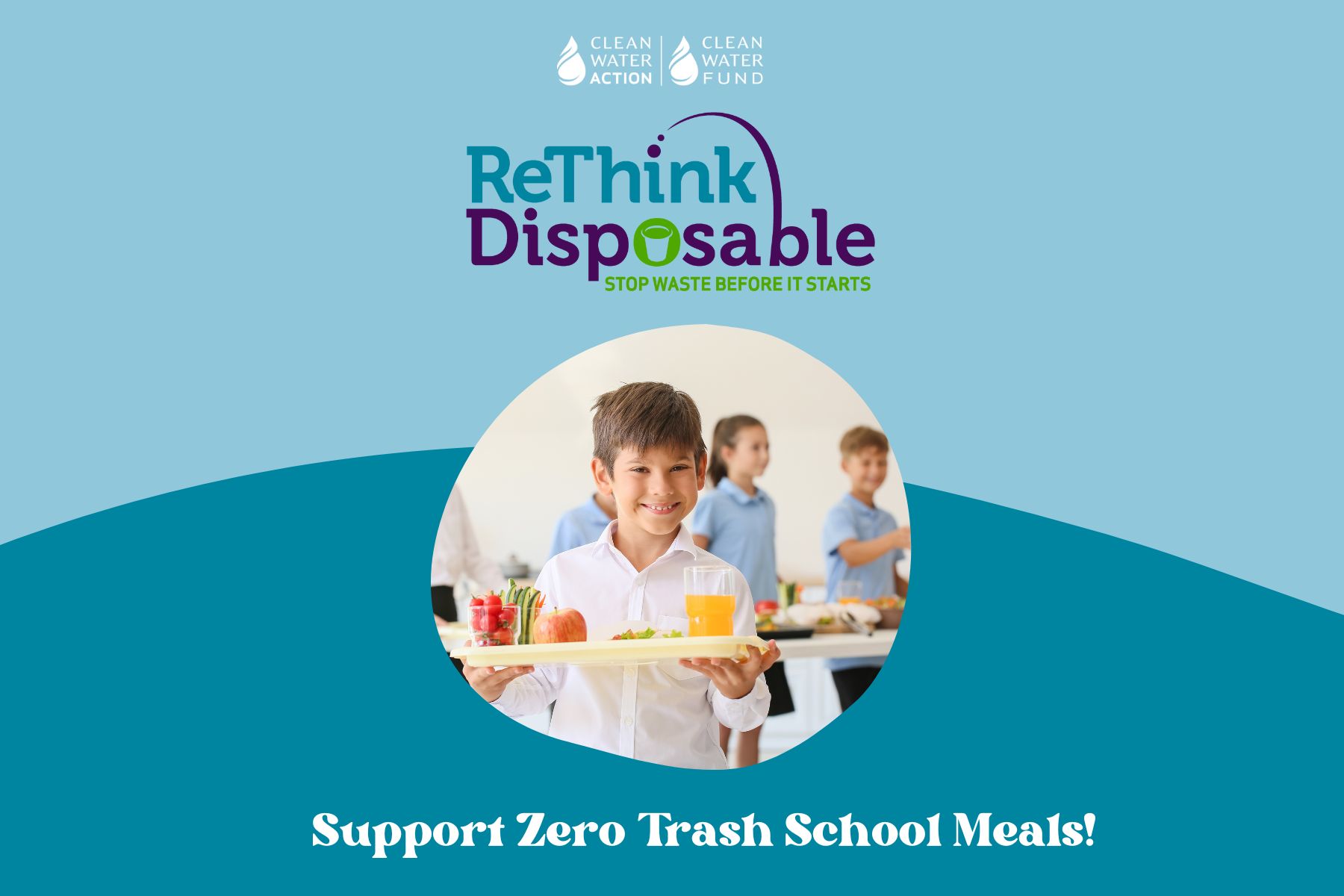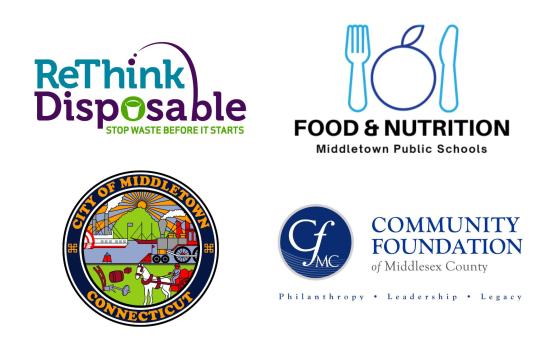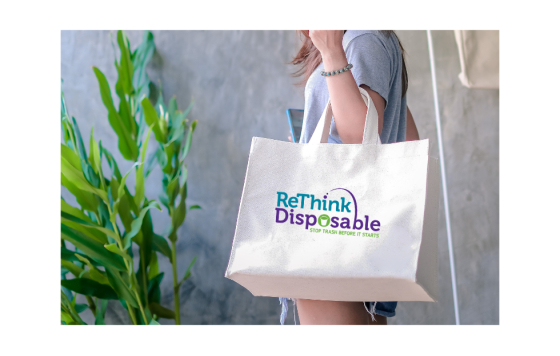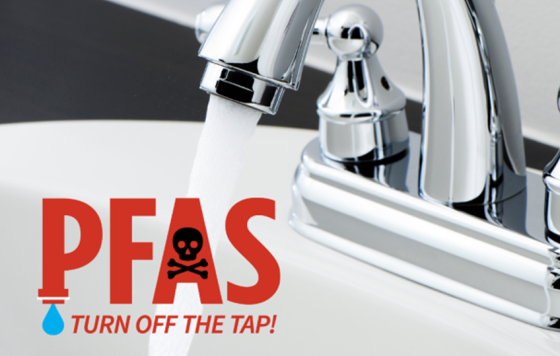
Update - We have reached our goal on this campaign. Thank you for your support!
Click here to support our ongoing work in Connecticut
“Here in Middletown Public Schools, one of our goals in switching to reusable utensils and servingware is to utilize the funds that would have gone to disposable items and instead reinvest them into the quality of our food. It was estimated that in this switch we will be saving over $80,000 per school year; with this savings we will focus on buying locally grown foods from small farmers and growers throughout the state of Connecticut with a specific focus in supporting farmers and growers of color. These funds will greatly improve our quality of food and bring more variety to our students during mealtimes.” - Randall Mel Jr., Food and Nutrition Manager Middletown Public Schools
Clean Water Fund’s ReThink Disposable program is working in Connecticut with Randall Mel Jr. and Kim O’Rourke, the City of Middletown’s Recycling Coordinator, to transition all ten Middletown public schools to 100% reusable foodware and enhance Middletown’s profile as a leader in sustainability. We are thrilled to be partnering with Middletown schools to green their food operations!
Before ReThink Disposable expanded to New England, Randall was committed to reducing single-use disposables in the cafeterias, and he purchased reusable cloth bags for their breakfast program and hard reusable plastic trays that our new reusable foodware will be served on. Through Clean Water’s network of colleagues in the sustainability movement, when ReThink Disposable grew, we were brought on to work with the schools and develop a larger strategy. In order to fully implement this vision of 100% reusables in all schools, we are also partnering with Sustainable CT. Their matching fund will match dollar for dollar donations received.
To fully implement this vision, we are also partnering with Sustainable CT. Their matching fund will match dollar for dollar donations received. Full implementation cost for the reusable foodware is $35,135. To achieve this, we plan two phases of implementation. This is the first phase which will replace compostable trays, 3 sizes of food boats, and all plastic utensils costing $19,676. Replacement of these items is a significant reduction in the amount of waste currently being generated in the school cafeterias. The school system will see savings after just a few months of using reusable foodware. This will allow us to prepare for our second phase that will replace the remaining disposables such as plastic side sauce cups with lids and plastic sandwich bags in 2024. The savings earned by the school will be used to sustain healthier and planet-friendly meals for 4,500 students where ingredients are purchased from locally owned, organically produced, and farmers of color in Connecticut. Students will experience true sustainability simply by attending schools.
Plastic production and use are major factors in climate change. Plastics pollute our waterways and cost taxpayers when these items clog storm drains and flood roads. The plastics that cannot or do not get recycled make their way into our waterways where they break down into microplastics. Clean Water Action has been working on the passage of legislation to reduce plastic in our environment and has recently applauded Attorney General Tong for his leadership to adopt measures to drastically reduce microplastics. (Read about that HERE). The work we are doing with schools does not have to wait for legislators to get on board, or studies to be published. Transforming to reuse culture at Middletown Public Schools will make a tangible impact on the students, the community, and the environment immediately!
ReThink Disposable is funded in part by the Community Foundation of Middlesex County and the National Ocean and Atmospheric Administration Marine Debris Program.




